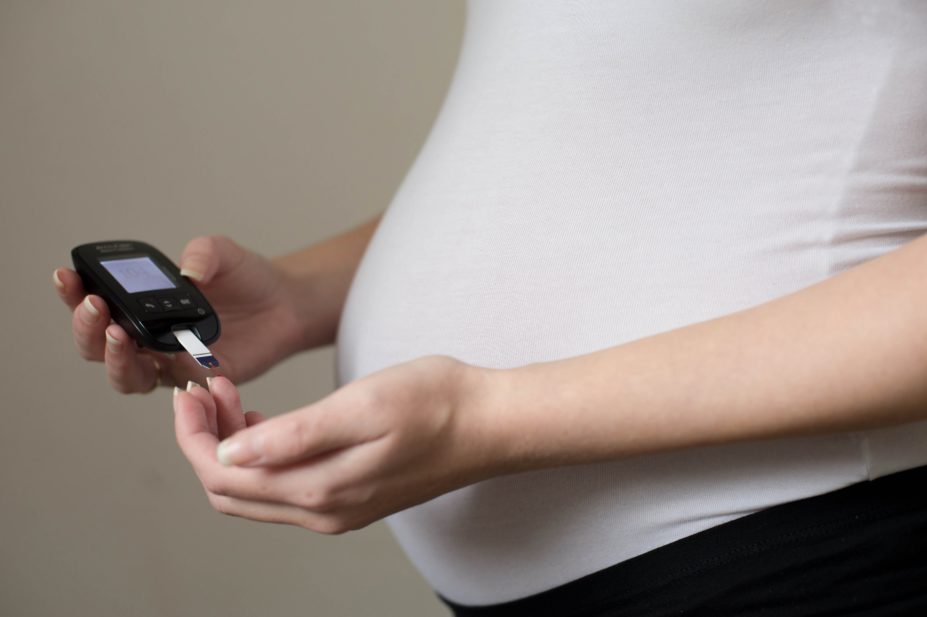
Shutterstock.com
Women who take antidepressants during pregnancy are more likely to develop gestational diabetes than women who do not, research published in BMJ Open suggests (1 October 2019)[1]
.
Researchers analysed data from three Canadian databases relating to all pregnancies and births in Quebec between 1998 and 2015.
Among 237,172 pregnancies, there were 20,905 cases of gestational diabetes, each of which were randomly matched to ten unaffected pregnancies. Just over 4% (9,741) of the women were taking antidepressants.
Taking antidepressants during pregnancy was associated with a 19% (95% confidence interval [CI] 1.08–1.30) increased risk of being diagnosed with gestational diabetes, compared with not taking antidepressants.
The risk was greatest for amitriptyline, a tricyclic antidepressant (adjusted odds ratio [aOR] 1.52; 95% CI 1.25–1.84) and venlafaxine, a serotonin and norepinephrine reuptake inhibitor (aOR 1.27; 95% CI 1.09–1.49).
The researchers observed that the risk increased the longer antidepressants were taken.
No statistically significant association was observed with selective serotonin reuptake inhibitors.
“Maternal depression should be treated during pregnancy, but antidepressants are only one form of treatment and other options should also be considered,” said Anick Bérard from the Faculty of Pharmacy at the University of Montreal, Quebec, Canada and lead author on the study.
References
[1] Dandjinou M, Sheehy O & BeÌrard A. Antidepressant use during pregnancy and the risk of gestational diabetes mellitus: a nested case–control study. BMJ Open 2019;9:e025908. doi: 10.1136/bmjopen-2018-025908


